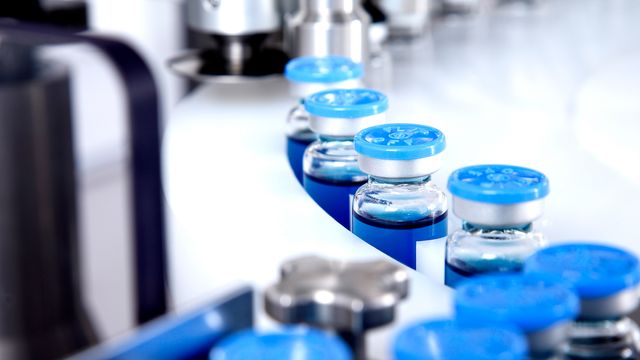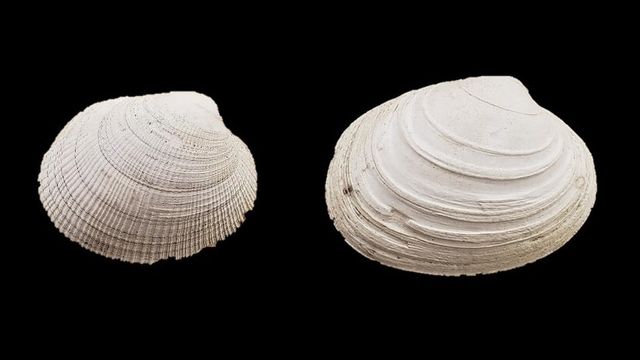
Science Writer & Editor
at Technology Networks
Leo is a science writer with a focus on environmental and food research. He holds a bachelor's degree in biology from Newcastle University and a master's degree in science communication from the University of Edinburgh.
Education
Areas of Expertise
Got a Question for Leo Bear-McGuinness?
Get in touch using the contact form linked here and we'll get back to you shortly.

Global Plastics Treaty Negotiations End With No Deal for Second Time

Molecular Glues: The Next Frontier in Targeted Protein Degradation

US Health Department Halts $500m Funding in mRNA Vaccine Development

NIH-Funded Study To Research Phthalates and Fertility

Fluoride and Your Health: The Good and the Bad

High-Throughput Retinal Organoids: A New Vision for Therapy Development

Experts Call for Improved Vaccine Communication in Wake of Measles Outbreak

Clams Living on Canada’s Broken Group Islands Are Thriving

Resurrecting Ancient Antibiotics With AI


